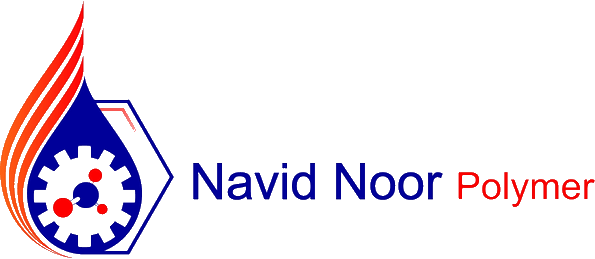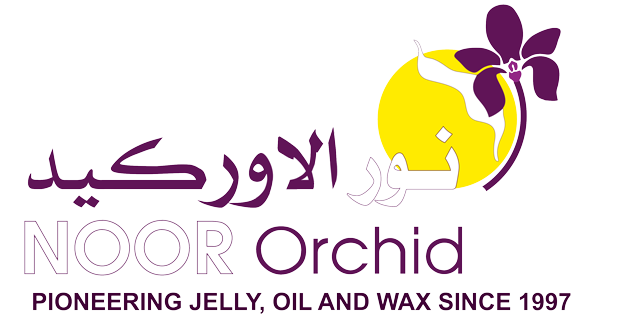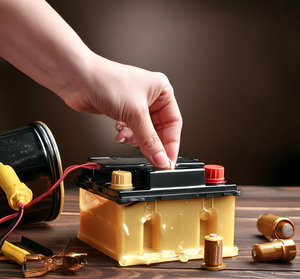Can I Put Petroleum Jelly on My Car Battery Terminals to Prevent Corrosion?
Maintaining a car’s battery is essential for ensuring reliable vehicle performance. One common issue car owners face is corrosion on the battery terminals, which can hinder electrical conductivity and lead to starting problems. Many people wonder if petroleum jelly, a household staple known for its protective properties, can be used to prevent corrosion on car battery terminals. In this comprehensive guide, we’ll explore the effectiveness of petroleum jelly in preventing battery terminal corrosion, how to apply it safely, and alternative methods for maintaining your car’s battery.
Understanding Battery Terminal Corrosion
Battery terminal corrosion occurs when sulfuric acid vapors from the battery electrolyte react with the metal terminals, forming a white, powdery substance known as corrosion. This corrosion can interfere with the electrical connection between the battery terminals and the vehicle’s electrical system, leading to starting issues and other electrical problems.
Properties of Petroleum Jelly
Petroleum jelly, commonly known as Vaseline, is a semi-solid mixture of hydrocarbons derived from petroleum. It is renowned for its moisture-sealing properties and ability to create a protective barrier on various surfaces.
Moisture Resistance
Petroleum jelly forms a barrier that repels moisture, making it effective in preventing oxidation and corrosion on metal surfaces.
Insulating Properties
The thick consistency of petroleum jelly helps to insulate battery terminals from environmental contaminants and prevents the formation of conductive paths that can lead to electrical shorts.
Using Petroleum Jelly on Car Battery Terminals
Benefits of Using Petroleum Jelly
Corrosion Prevention
Applying petroleum jelly to car battery terminals helps to create a protective barrier that shields the metal surfaces from corrosive elements, such as moisture and sulfuric acid vapors.
Extended Lifespan By reducing the risk of corrosion, petroleum jelly can help prolong the lifespan of the battery terminals and maintain optimal electrical conductivity, ensuring reliable vehicle performance.
How to Apply Petroleum Jelly
Preparation
Safety First: Before applying petroleum jelly, ensure that the vehicle’s engine is turned off, and the keys are removed from the ignition to prevent accidental starting.
Disconnect the Battery: To prevent electrical shock or short circuits, disconnect the negative (-) terminal first, followed by the positive (+) terminal.
Application
Clean the Terminals: Use a wire brush or battery terminal cleaner to remove any existing corrosion or buildup from the battery terminals. Ensure the terminals are dry before proceeding.
Apply Petroleum Jelly: Using a clean, disposable applicator or a gloved finger, apply a thin layer of petroleum jelly to both the positive and negative battery terminals. Ensure complete coverage of the metal surfaces.
Reconnect the Battery: After applying petroleum jelly, reconnect the battery terminals in the reverse order of disconnection—positive (+) terminal first, followed by the negative (-) terminal. Ensure the terminals are securely tightened to maintain a proper electrical connection.
Alternative Methods for Preventing Battery Corrosion
While petroleum jelly is an effective solution for preventing battery terminal corrosion, several alternative methods can also be used:
Battery Terminal Protectors: Specialized terminal protectors, such as felt washers or terminal sprays, can be applied to the battery terminals to inhibit corrosion.
Corrosion-inhibiting Washers: Some car battery terminals come equipped with corrosion-inhibiting washers that provide an additional layer of protection against corrosion.
Anti-Corrosion Spray: Commercially available anti-corrosion sprays can be applied to battery terminals to prevent corrosion and extend battery life.
Tips for Battery Maintenance
To maintain a healthy car battery and prevent corrosion, consider the following tips:
Regular Inspections: Periodically inspect the battery terminals for signs of corrosion or buildup and clean them as needed.
Keep the Battery Clean: Ensure that the battery case and surrounding area are free from dirt, debris, and moisture to prevent corrosion.
Avoid Overfilling: When adding distilled water to the battery cells, avoid overfilling, as excess electrolytes can lead to corrosion.
Expert Opinions and Recommendations Automotive Experts
Automotive experts generally agree that petroleum jelly can be effective in preventing battery terminal corrosion when applied correctly. However, they recommend regular maintenance and periodic inspections to ensure optimal battery performance.
Battery Manufacturers
Many battery manufacturers recommend using petroleum jelly or specialized terminal protectors to prevent corrosion on battery terminals. However, they caution against overapplication, as excessive buildup can impede electrical conductivity.
Conclusion
In conclusion, petroleum jelly can be a valuable tool in preventing battery terminal corrosion and extending the lifespan of your car’s battery. By creating a protective barrier that repels moisture and environmental contaminants, petroleum jelly helps to maintain optimal electrical conductivity and ensure reliable vehicle performance. When applied correctly and in conjunction with regular battery maintenance, petroleum jelly can help keep your car running smoothly for years to come.
semi-industrial petroleum jelly manufacturer

This is Kamran Malekian working in the petroleum jelly manufacturing industry for Navid Noor Company since 2013 I am eager to make content in this industry and have a good impact on professional users and people using cosmetic and pharmaceutical products.










No comment